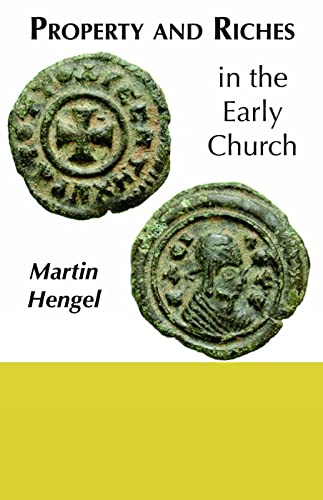The Evangelical Faith, I: Prolegomena: The Relation of Theology to Modern Thought Forms
Written by Helmut Thielicke Reviewed By John P. BakerThis weighty volume is the first of a comprehensive three-volume dogmatics under the general title of The Evangelical Faith, the second and third of which are to be constructive doctrinal studies on the doctrines of God and of Christ (II) and of the Holy Spirit, the Church and Eschatology (III). Geoffrey Bromiley has made a good job of the editing and translation, almost (but not quite) managing to lure us from the suspicion that like most German and American theological writing, it could have been done just as effectively in almost two-thirds of the space. The production is good, with only one misprint noticed all the way through.
The general aim of this volume is to survey the current state of theology, which means mainly western theology, and to respond, in the name of the Christian position and stance of faith as a whole, to significant philosophical challenges confronting it. Professor Thielicke (of Hamburg University) chose this task for his first volume, because he believed that it was necessary for the Christian position to be defined and defended as a whole in the face of such challenge and confusion, rather than merely to produce more monographs and essays touching on particular aspects in detail. The aim is pursued with typical Germanic thoroughness, not sidestepping any important issues on the way, but with considerable verve, very little dullness, great perspicacity and general over-all success. Happily there are also frequent reminders that the preacher’s task and pastor’s heart have not here become divorced from the academic theologian. (It is as a preacher that Thielicke was mainly known in the English-speaking world for many years, until the English publication of an abridged version of his Theological Ethics.)
The book is in two parts. In the first, entitled ‘The State of Theological Discussion’, Thielicke rejects the division and labels of ‘modern’ and ‘conservative’ as too misleading. Instead he analyses theologies of the last two hundred years or so under the headings of Cartesian (Theology A) and non-Cartesian (Theology B). ‘Cartesian’ designates, for Thielicke, all theologies for which the I of those hearing, understanding and appropriating the gospel really appears as the determinative factor in deciding both what is to be believed, and also therefore the structure and tendency of such theologies. Lessing, Schleiermacher, Bultmann and a number of others are examined as representatives of this subjectivist approach. Their approach to ‘myth’ is examined as a way in to exposing their hermeneutical principles. The conclusion reached is that in all such theologies, the mind and consciousness of the ‘old self’ or old man has been allowed to dominate Christian theology, often because of a laudable concern on the part of such theologians to make the gospel relevant and acceptable to their contemporaries. The new creation by the Holy Spirit is not given proper weight, and instead of the self becoming incorporated into the salvation event in Christ, the salvation event has been moulded to fit it for incorporation into the old Cartesian self. In Theology B the order is turned right way out again, by contrast, but there is a very fine analysis of the dangers confronting this position as well, as, for instance, of retreating into inherited dogmatic traditions rather than allowing God’s Word in Scripture to speak afresh to us, and allowing the Holy Spirit to teach us afresh the way to meet the challenge of our own day.
Part Two is entitled ‘Theology in Self-grounded Secularly—The Situation and Task of Theology in the Generation of the Supposed Death of God’. Thielicke traces the link between death-of-God theology and secularization, and surveys the history of such thought back through the last two centuries, not only in its intellectual bases and formulation, but also in its ethos and emotional content. He then analyses both the theological problem of secularization and the opportunities it presents for Christian theology. Chapter XVII on ‘A Christian Secularism’, a masterly balanced treatment of the Christian’s attitude to this world, its things, goals, relations and problems, is followed by an outline of the tasks of Christian proclamation today. There is also a brilliant appendix on Utopias and ideologies in relation to the present and eschatological ideals and possibilities of the kingdom of God.
Thielicke’s second reason for adopting this form for his first volume is that it enables him to raise and examine all of the important questions regarding the principles underlying Christian theology. This is a fair claim, but we shall wait with interest to see what further treatment is given to the media of revelation and the Word of God in volumes II and III. Thielicke is strong on illumination by the Spirit, and on revelation in principle, but it will only then become evident whether he has managed to steer clear, not only of the over-biblicist conservatism he eschews, but also of the perils of the Barthian confusion of revelation and illumination as well.
A review of this size cannot possibly do justice to such a work, but it is to be unhesitatingly commended as a major contribution to theology in this age, and one which should help many perplexed students out of the mist and fog of confused and confusing theological schools, currents and cross-currents.
John P. Baker
John Baker is secretary of the Tyndale Fellowship Biblical Theology Group and vicar of a country church in southern England.







